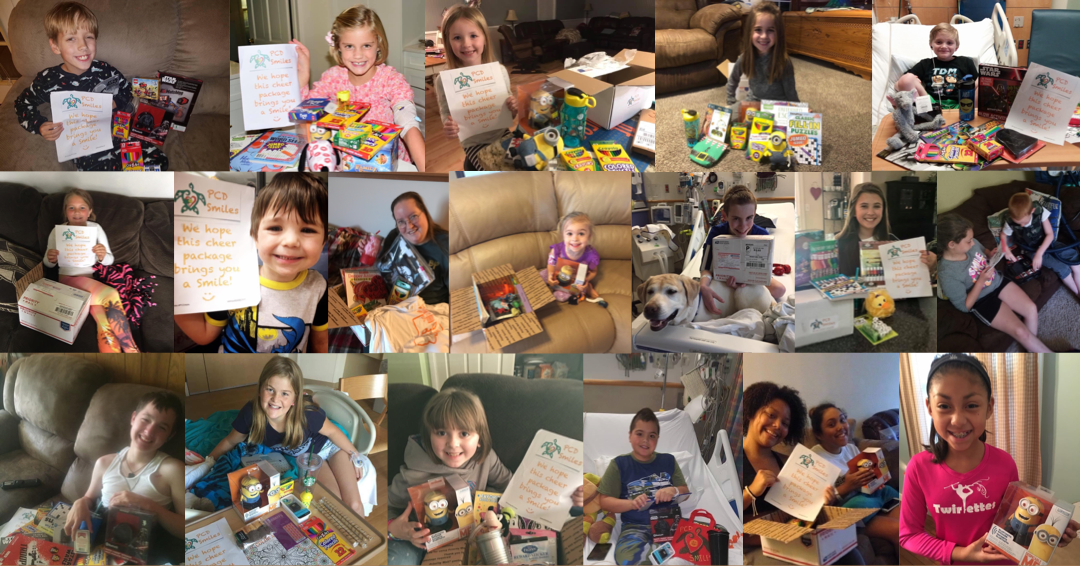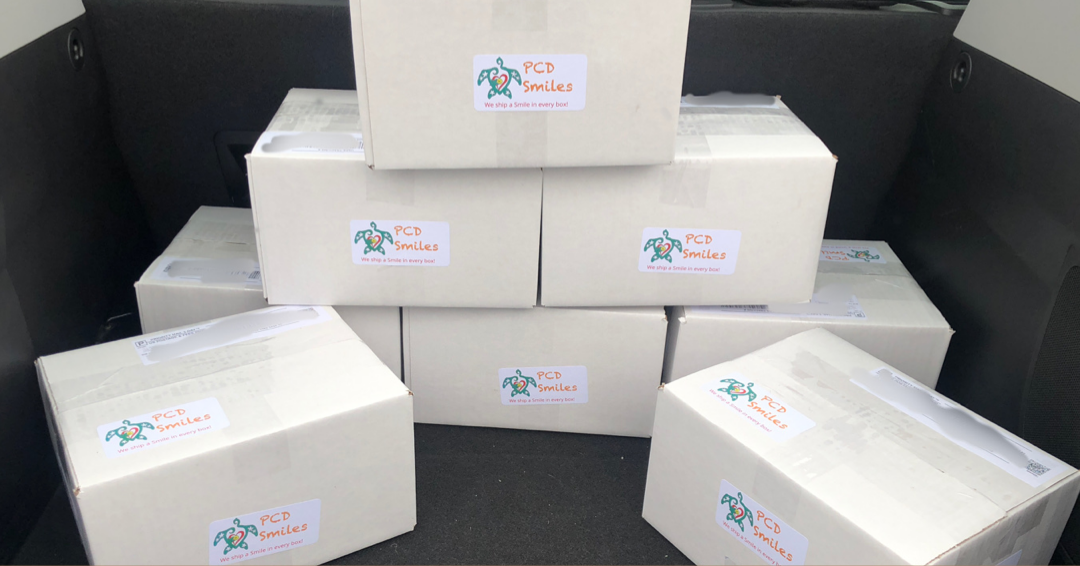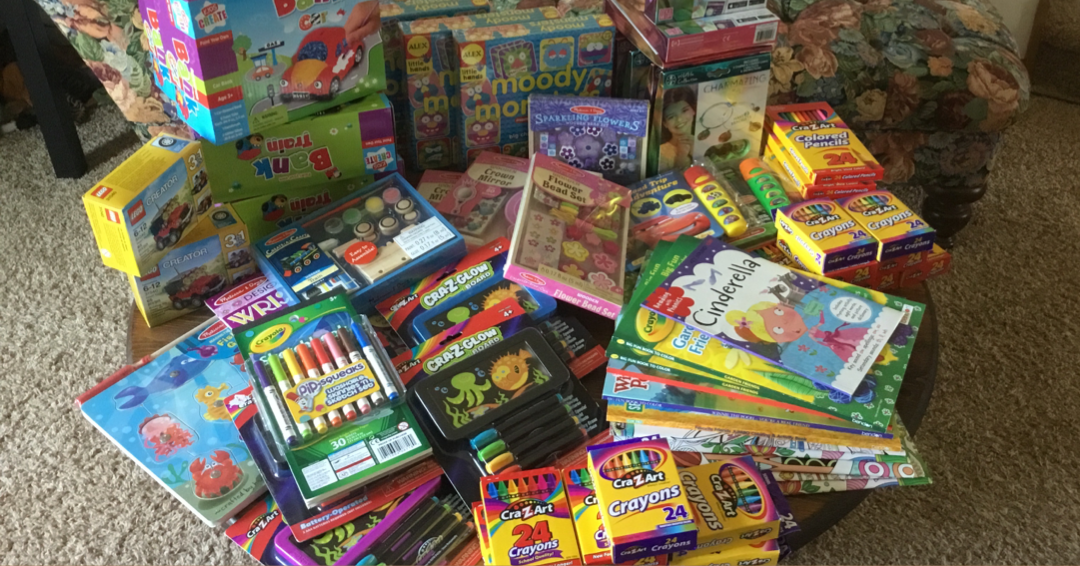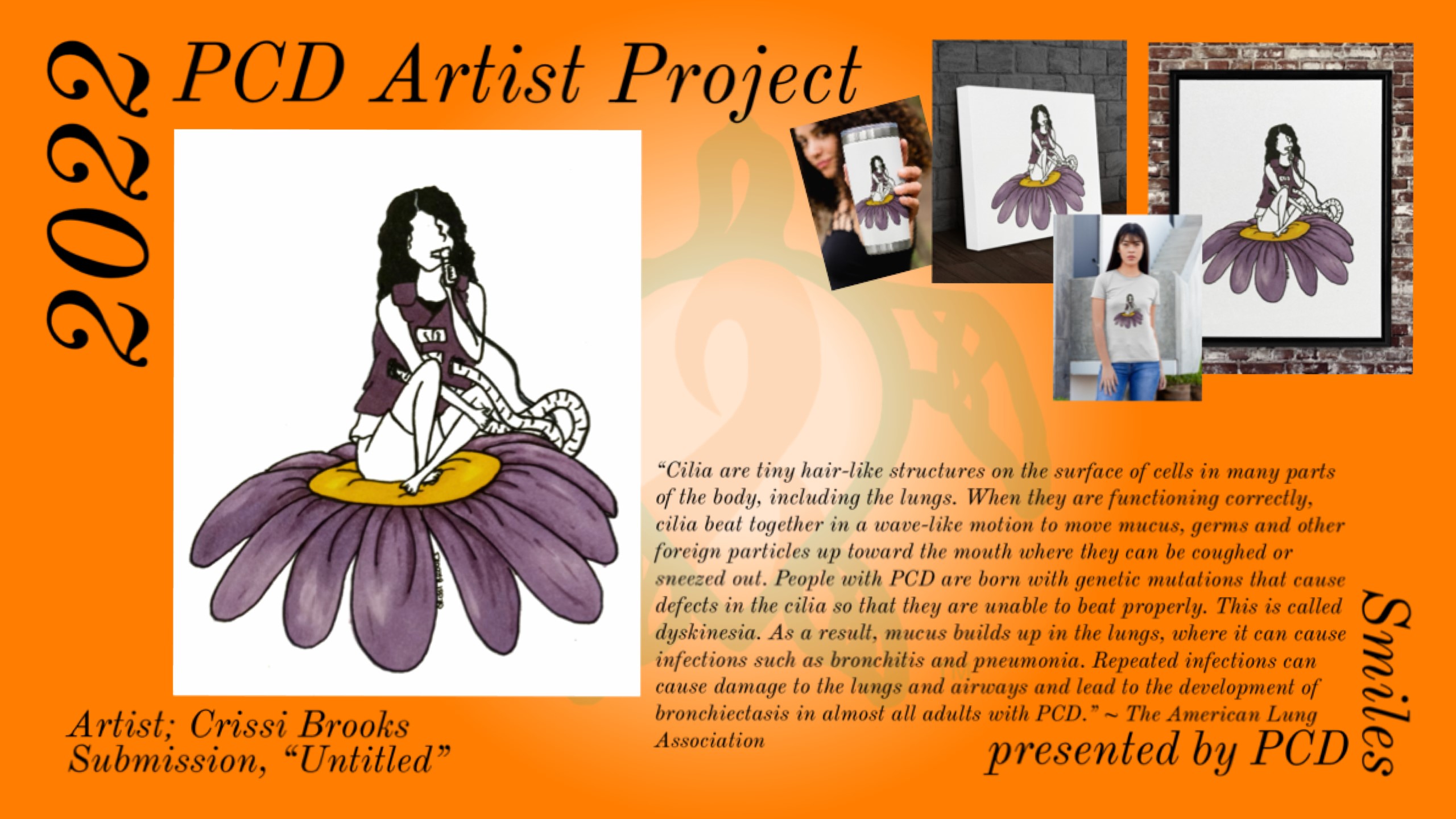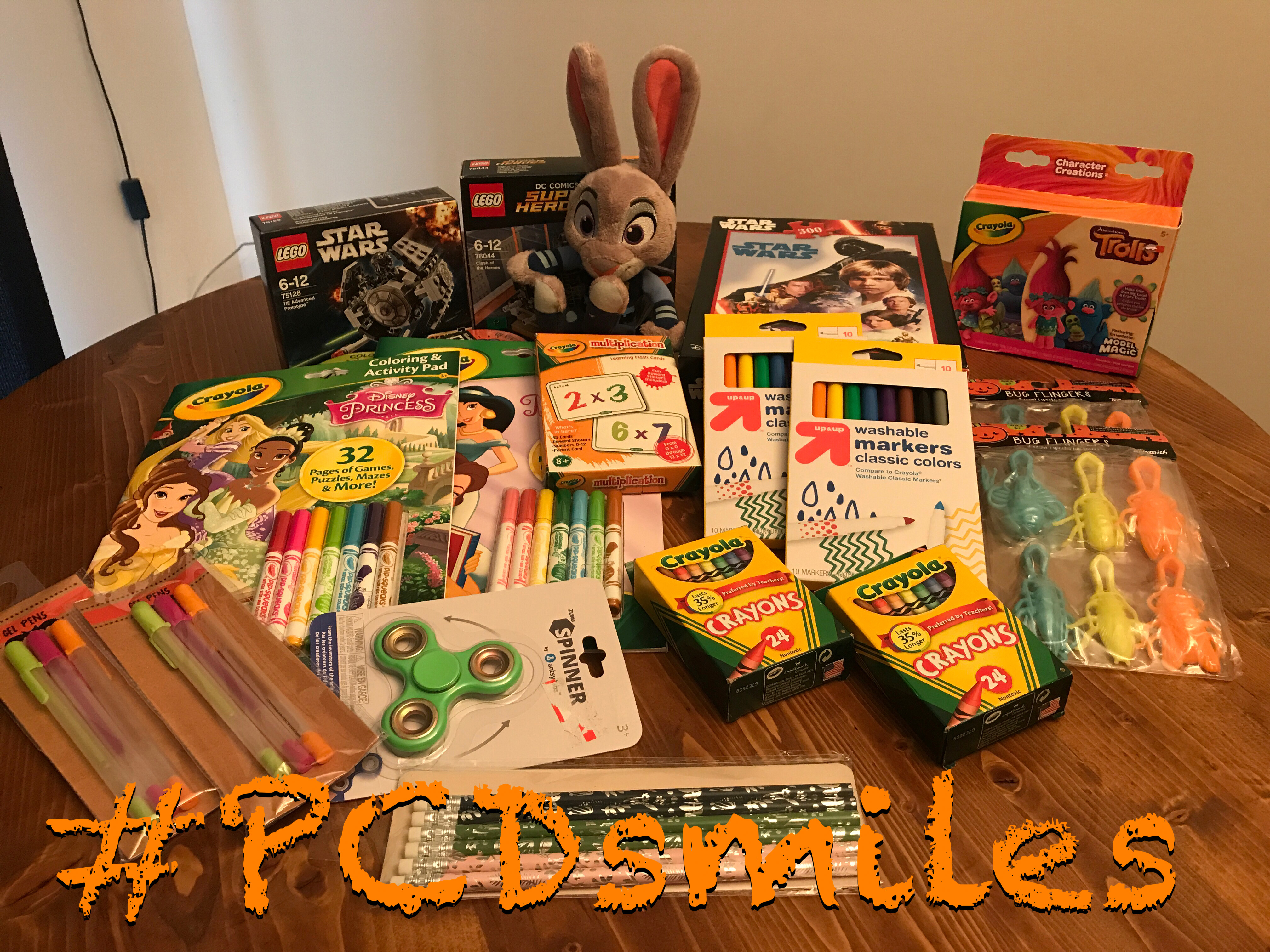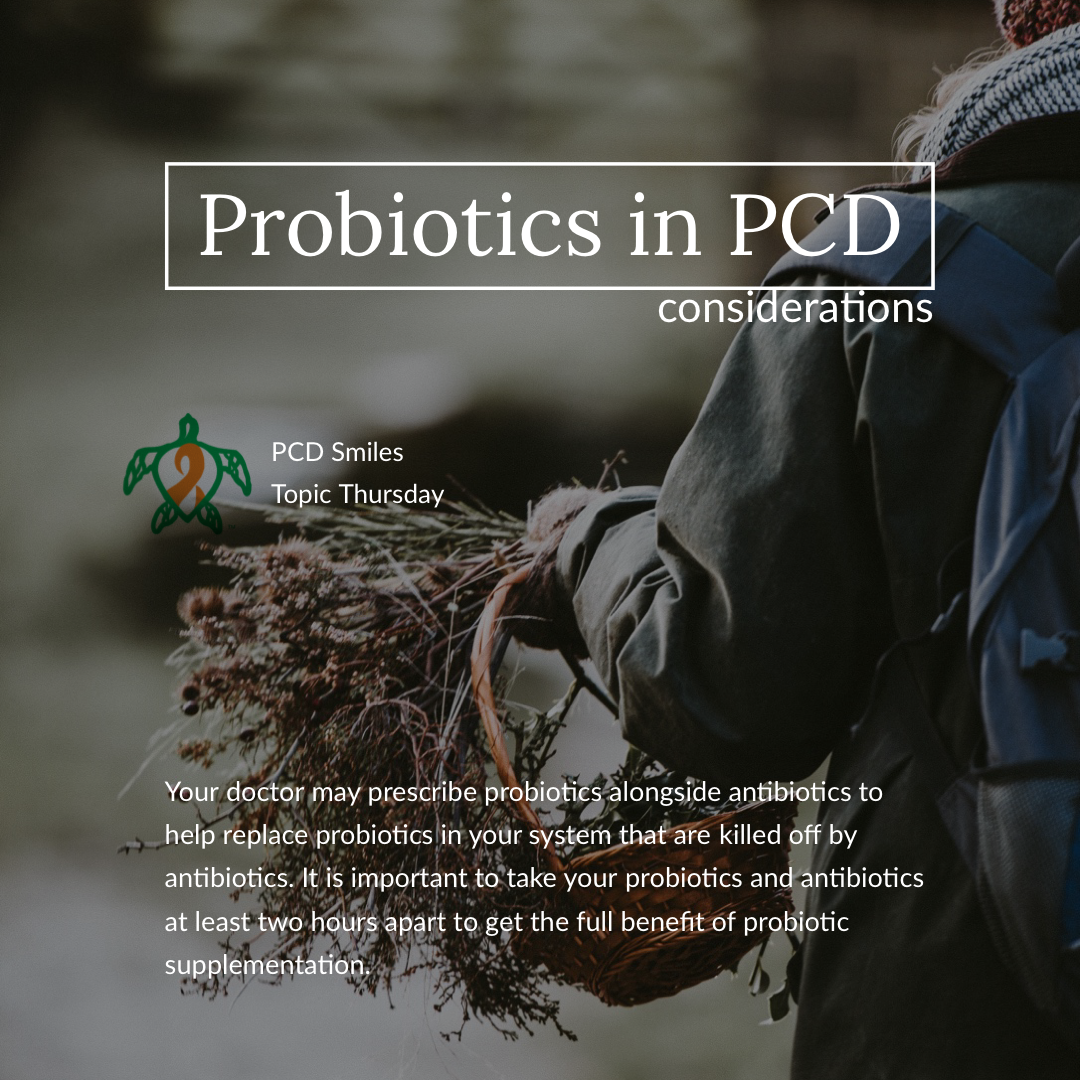When you are in your late twenties several questions keep popping up and very few have anything to do with being chronically ill, this is simply because these questions are asked by all of us at some stage.
You have likely had several jobs. Chances are good that you are in or have experienced a long-term relationship. You live in a new city, enjoy travel, and have a slightly more grown-up outlook on life compared to when you were 21, you might have started a family or have new friends. In your late 20s, early 30s, there are lots of new things in one’s life.
We often divide life into three sections: career, relationships, and health. Most people place these things into separate boxes. Unfortunately, when you are chronically ill with a disease such as PCD, these boxes are less separate and represent more of a Venn diagram. Some sections overlap more than others, and they can infringe on each other even if you do not want them to.
Growing up, normal children are told that they can have any career they can dream of when they leave school if they work hard at achieving their goals. Children that grow up with PCD, however, have a harder time choosing their career path as they need to consider their health. We include questions such as how close are we to your nearest specialist? Is the environment we work in conducive to having cilia that don’t work that well, or work at all for that matter? Will our bosses or co-workers understand that we need to take it slow on occasion and that we don’t simply get the flu, we most likely get pneumonia and end up in hospital a couple of times a year. Please understand, I am not saying that we are limited to an office-bound career, but being an archaeologist in the Egyptian desert is going to be a little more difficult if you PCD than being a lawyer or teacher in the city.
PCD does not shout out “here I am” for all to see, often those of us who suffer from it, do so quietly and nobody knows. We deal with our symptoms in such a way that people think we might be asthmatic with an unpleasant cough and runny nose. There is no scarlet letter for all to see. Which, unfortunately, means that many people do not understand why we cannot go out to clubs whereas, far as you can see, is a haze of cigarette smoke or interact with large groups of people as they might give you something that your system cannot deal with. Not to make light of the recent COVID-19 pandemic, but those of us with PCD found the concepts of wearing masks and maintaining social distance not that strange, as we automatically do some version of this in our daily lives.
No matter where life takes us, we find that in a relationship we ask, is this person going to be able to cope with the trials that having a partner with PCD presents? Sometimes we are very lucky, and we find that person that is willing to stand by us through the ups and downs. The doctor’s appointments, the physiotherapy sessions, the maintenance treatments at home and the mental struggles that go with being chronically ill. Some of us struggle to become parents, again we ask can our partners cope with that.
When we get to our late 20s, those of us who suffer from PCD know our bodies well, there is an intuition we develop with regard to our health. We know when that cough is nothing major to worry about and when it’s time to get our doctors involved.
The hardest part of being a young adult with PCD is making sure that the disease does not define who you are. This is not impossible, but it does take a substantial amount of hard work. It is essential that people you surround yourself with understand that you are not going to break the moment something goes wrong, you are stronger than you think.
Be sure to visit us next week for another Topic Thursday!
Join our Facebook group Turtle Talk Café today, click here.
We have several ways that you can donate to PCD Smiles;
- Visit Smile E. Turtle's Amazon Wishlist
- For more information on how you can donate, please visit our "Donation" page to check out our "Do & Don't policies.
- Or sponsor a PCD Smiles cheer package today!
- To shop for your “Official” turtle care ribbon gear today, visit PCD Style or Smile E. Cove
Thank you for your consideration!
